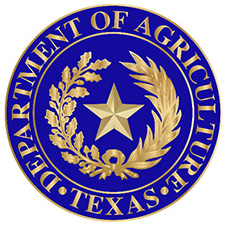After Covid’s chill, a hot recovery is at hand
The U.S. economy could grow at its fastest rate — 7 percent — in nearly four decades, with the farm sector sharing in the energetic recovery from the pandemic, said CoBank on Thursday. “Many in the agricultural industry are experiencing the best market conditions since 2013,” said the lender in a quarterly assessment of the sector.
Food prices climb for 10th month in a row
Global food prices are the highest they’ve been since June 2014, according to a monthly index compiled by the UN Food and Agriculture Organization. The Food Price Index rose by 2.1 percent, its 10th increase in a row, said the FAO on Thursday.
Today’s Quick Hits
Another dicamba product shelved: After announcing in February that it would discontinue sales of FeXapan, a dicamba weedkiller, Corteva Agriscience said it had withdrawn a developmental herbicide intended to be a less-volatile version of the chemical from EPA review. (DTN/Progressive Farmer)
Lagging P-EBT benefits: Nearly half of U.S. states have yet to distribute P-EBT benefits this school year due to logistical and bureaucratic obstacles to the $2 billion-a-month program, which helps low-income parents buy food for school-age and younger children. (Politico)
Drought deepens in West: “Unfortunately, drought conditions in the West continue to worsen,” said Interior Secretary Deb Haaland and Agriculture Secretary Tom Vilsack in a joint statement pledging to work with states and tribes to minimize the impact on water supplies. (Interior Department)
Plant-based boom:Retail sales of plant-based foods swelled to $7 billion in 2020, a 27 percent increase from 2019. Plant-based milk accounted for $2.5 billion of the total and plant-based meat accounted for $1.4 billion. (Plant Based Foods Association)
More ethanol, not less: Climate mitigation should include greater use of corn ethanol and biodiesel, say biofuel groups, which argue that their products are more climate-friendly than petroleum. (AP)
USDA modifies WASDE: Beginning in May, the monthly WASDE report will feature a number of changes, including the addition of a separate line for soymeal supply and use in China and separate categories for U.S. imports of long-grain and combined medium- and short-grain rice. (USDA)











